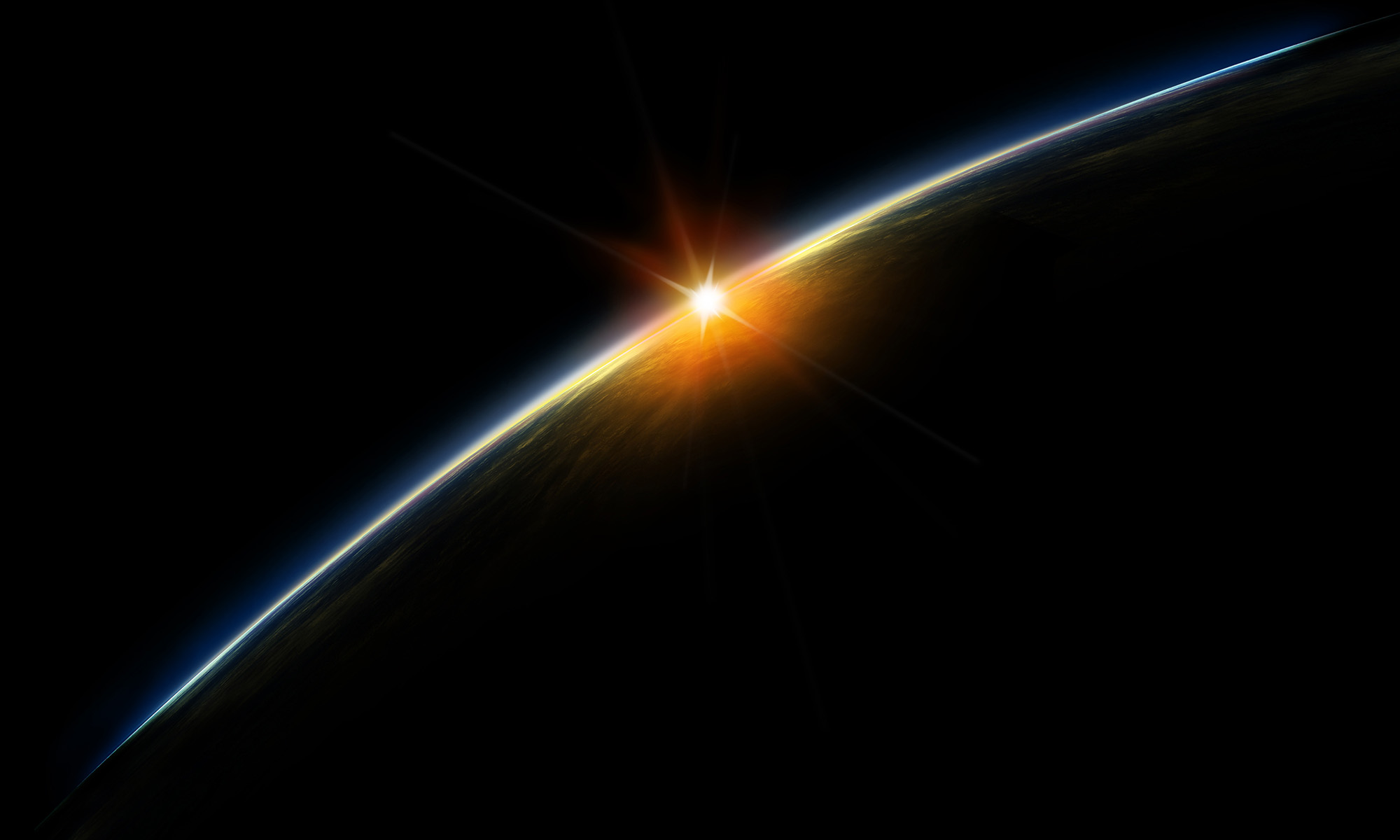I used to think of myself as a liberal and a progressive. Maybe it’s because I’m getting older, but these days, I would rather not be called either. My political views and principles haven’t changed—as far as I’m willing to admit to myself—but I often find myself put off by the things that are said and written by many self-professed liberals and progressives.
Chinese and the transcontinental railroad
Angry Asian Man posted yesterday about an interview (in the Washington Post) with producers of an upcoming original series on AMC, Hell on Wheels. The series’ producers were asked why there were no Chinese characters in the series and, in their fumbling responses, gave no clear answer to the question but did manage to inflame emotions with a statement that “they ended up getting excised” from the show’s pilot. Angry Asian Man uses the statement to make a larger point about the historical contributions of Chinese. While I sympathize with Angry Asian Man’s broader concern, in this specific instance, he (and for that matter, everyone involved) confuses “history” in several ways.
Continue reading “Chinese and the transcontinental railroad”
Mr. B
Geoffrey Brooks was one of my two favorite teachers growing up. My sixth-grade teacher, he was young and hip, and he first introduced me to the idea of computers and computing. He was also a Black man, which I noticed at the time but didn’t particularly think about—I was, after all, a sixth-grader. As I look back now, I realize his influence on me not only for the many things he taught me in the classroom but for who and what he was, particularly in the United States in the 1970s. I appreciate him all the more now understanding that historical social context.
rice porridge with yam
Funny how the small and simple things in life can mean a lot more when you take a closer look at them. Growing up, my mother sometimes served us warm rice porridge with yams or sweet potatoes for breakfast, usually on weekends when we spent more time eating breakfast together. The dish bridged different cultures for our immigrant family. It was part of the “traditional” cuisine and culture my parents brought to the U.S. from Asia, but because it was sweet, unlike most other “traditional” breakfast dishes, it resembled the sweet cereal we learned from television and the experiences of our native-born friends that American kids were supposed to eat. It was the closest thing we had to an Asian oatmeal or cream-of-wheat, and it was in a way, our own cultural comfort food.
theory, practice, and discipline
A friend of mine recently started a discussion on Facebook that touched onto several topics within academic Asian American studies. One issue brought up offhandedly was the place of “theory” within both AAS and academia generally. In the discussion, which was about bridging disciplines and doing interdisciplinary work, the participants distinguished between cultural studies scholars who use “theory” and social science scholars who analyze and accumulate “data.” While I understand their point and their reasoning, the distinction they make is false and the short-hand terms they and other academics, mostly in humanities, use require further examination.
family and diversity
To say I come from a large family would be an understatement. A simple history of my extended family mirrors the larger history and culture of Taiwan – where I was born and both sides of my family trace their ancestry for several generations.
this planet rising
The image I use in the banner for this site is a digital composite that tries to express some of the Planet Mongo Project’s (TPMP) themes, sentiments, and contradictions.
Mongo, the Planet of Doom
 In the first panels of the Flash Gordon comic strip, Yale graduate and world-renowned polo player Flash Gordon and his fellow airplane passenger, Dale Arden survive its crash during an intense storm and stumble upon the secret laboratory of Dr. Hans Zarkov. Zarkov explains that the storm is one of many catastrophes caused by a mysterious planet’s approach and forces Flash and Dale to accompany him on a rocket ship to the planet to save the Earth. Continue reading “Mongo, the Planet of Doom”
In the first panels of the Flash Gordon comic strip, Yale graduate and world-renowned polo player Flash Gordon and his fellow airplane passenger, Dale Arden survive its crash during an intense storm and stumble upon the secret laboratory of Dr. Hans Zarkov. Zarkov explains that the storm is one of many catastrophes caused by a mysterious planet’s approach and forces Flash and Dale to accompany him on a rocket ship to the planet to save the Earth. Continue reading “Mongo, the Planet of Doom”
